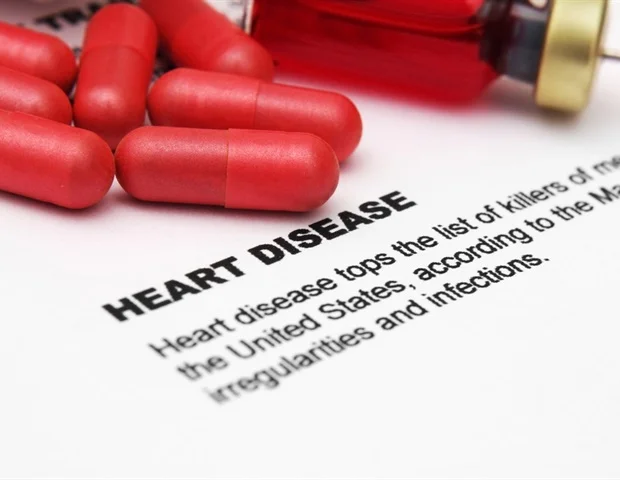
A nationally recognized Rutgers cardiologist recommends that aspirin be used as primary prevention for cardiovascular disease only with select patients, saying that the scientific evidence is too diverse to support a one-size-fits-all approach.
In an editorial published today in the Annals of Internal Medicine, John B. Kostis, MD, John G. Detwiler Professor of Cardiology, professor of medicine and pharmacology, and director of the Cardiovascular Institute at Rutgers Robert Wood Johnson Medical School, said that "establishing firm, evidence-based recommendations for aspirin use in primary prevention is difficult," citing multiple studies that came to differing conclusions about the benefits of aspirin.
A brief review of previously published studies included in Kostis' editorial indicate the challenge of forming an acceptable treatment standard. The studies have found variable results in different populations, some in which aspirin does have benefit in prevention of cardiovascular disease, while others found its use as a primary treatment can increase the risk of major bleeding and intracranial hemorrhage.
Kostis also acknowledges the 2019 guidelines of the American College of Cardiology, which recommend "that aspirin be used infrequently in the routine primary prevention" of cardiovascular disease. Similarly, the U.S. Food and Drug Administration has reported that the risks of bleeding in the stomach and brain should be given serious consideration before using aspirin as a primary treatment to prevent cardiac-related events such as a heart attack or stroke.
Given the variation of evidence for aspirin's effectiveness in preventing cardiovascular disease, Kostis advises that the decision to use aspirin should be tailored to the patient. Aspirin could provide a benefit for individuals who are at high risk for cardiovascular disease and at low risk for bleeding, but it should not be used for individuals for whom bleeding is a concern or who are not at risk for developing cardiovascular disease.
While the editorial focuses on the use of aspirin to prevent cardiovascular disease, Kostis emphasizes that patients with established cardiovascular disease, such as heart attack survivors, should take aspirin as prescribed by their physician.
Rutgers Robert Wood Johnson Medical School






No comments
Post a Comment